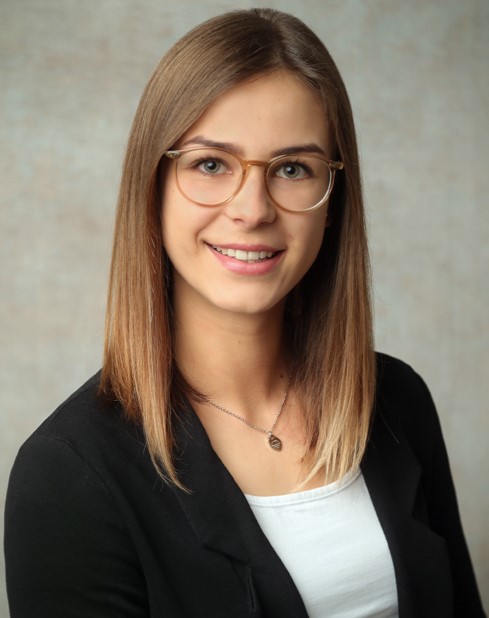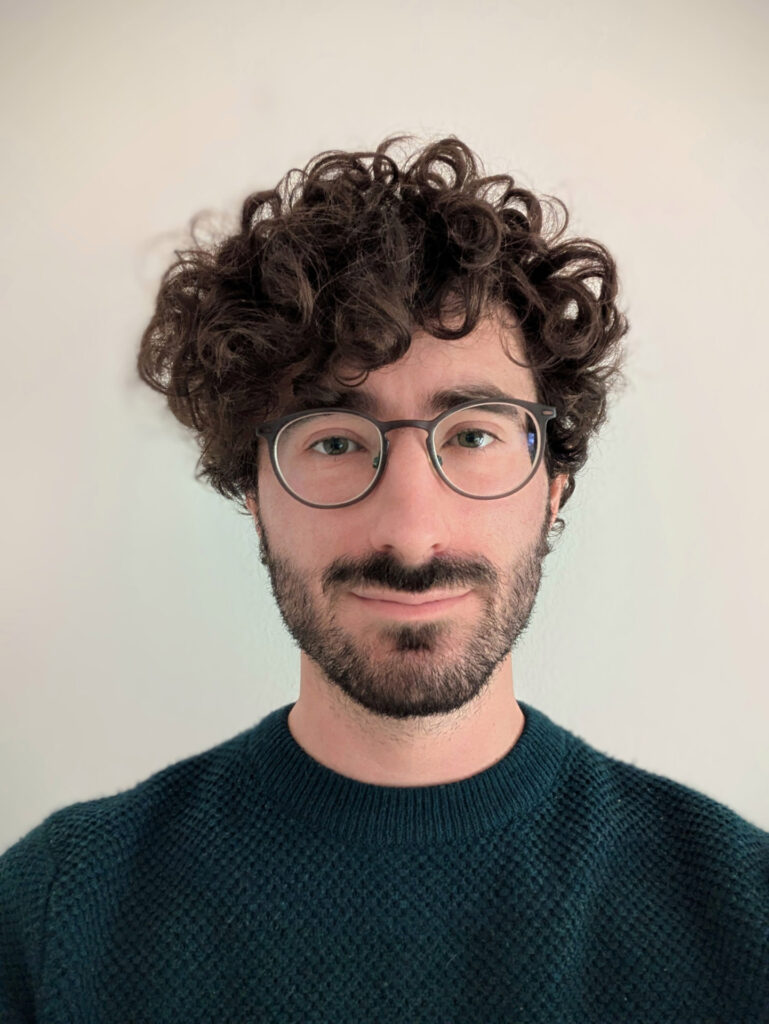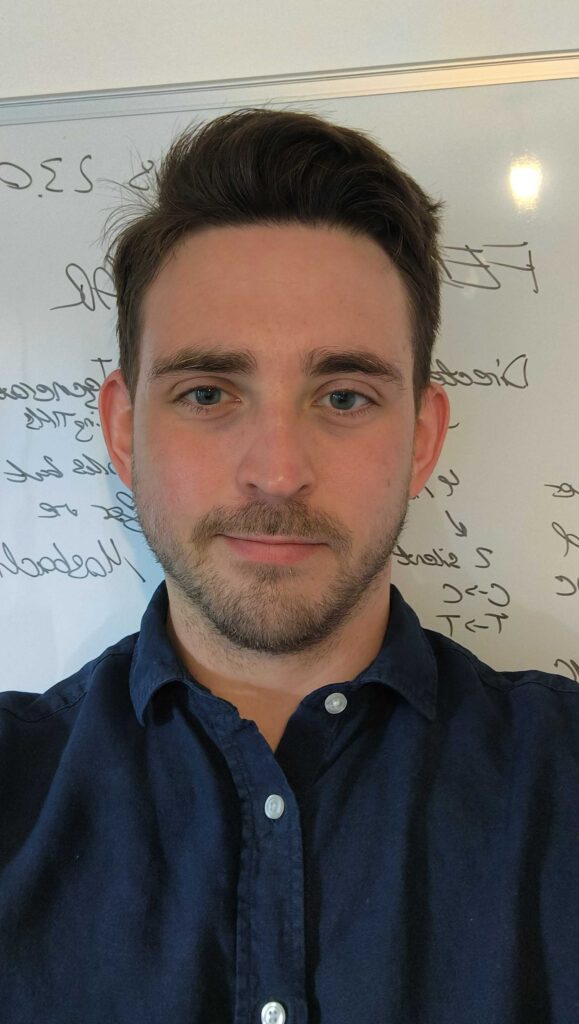
Britta Lipinski received the Rainer Rudolph Prize for her master’s thesis “Functional Characterization of NKp46-specific Single Domain Antibodies in various NK Cell Engager Formats”.
The thesis was written in the “Antibody Discovery & Protein Engineering” working group of Prof. Dr. Stefan Zielonka at Merck Healthcare KGaA. Prof. Dr. Harald Kolmar and Prof. Dr. Stefan Zielonka jointly supervised the Master’s thesis at TU Darmstadt.
As part of her Master’s thesis, Ms. Lipinski worked on the generation of NKp46-targered camelid single domain antibodies. Ms Lipinski characterized the binders she generated with regard to their functionality for recruiting natural killer cells for tumour therapy. Through subsequent protein engineering, she was able to tailor the cytotoxic properties of the molecules.
This work alone has resulted in two publications to date and patents have also been applied for.
Britta Lipinski is now working as a doctoral student in the Biomolecular Immunotherapy working group of Prof. Dr. Zielonka at the TU Darmstadt.

Davide Amendola studied Biochemistry at the University of Tübingen. He received the Rainer Rudolph Award for his Master thesis with the title “Structural and Functional Characterisation of the Molecular Mechanisms Mediating Ixotrophy in the Marine Bacterium Aureispira sp. CCB-QB1”.
The thesis was completed in the laboratory of Prof. Dr. Martin Pilhofer at the Institute of Molecular Biology & Biophysics at ETH Zürich under supervision of Yun-Wei. The goal of the thesis was the identification and characterization of “grappling hooks,” cell surface adhesins that are required by ixotrophic Bacteroidetes to “fish” for prey cells. This helps in understanding the cell-cell interactions and molecular mechanisms of macromolecular machines mediating these interactions.
Davide Amendola arbeitet derzeit als Doktorand in der Arbeitsgruppe von Prof. Dr. Pilhofer an der ETH Zürich.

Alexander Erwin Braun erhielt den Rainer-Rudolph-Preis für seine Masterarbeit zum Thema „Designing triosephosphate isomerases using generative language models“.
Die Arbeit entstand in der Arbeitsgruppe Protein Design von Frau Prof. Dr. Birte Höcker an der Universität Bayreuth.
In seiner Masterarbeit hat sich Alexander Braun mit der Anwendung von Sprachmodellen im Protein Design beschäftigt. In der vorliegenden Arbeit hat Alexander das konditionelle Sprachmodell ZymCtrl genutzt, um gezielt Proteinsequenzen von einer zuvor definierten Enzym-Klasse herzustellen und experimentell zu überprüfen. Die Ergebnisse weisen darauf hin, dass durch den Einsatz von Sprachmodellen aktive, dimere de novo Enzyme generiert werden können.

